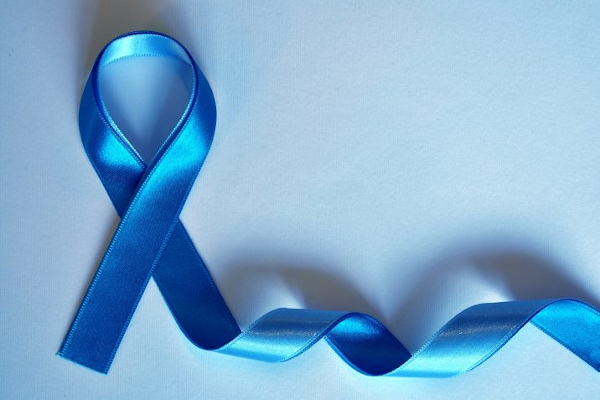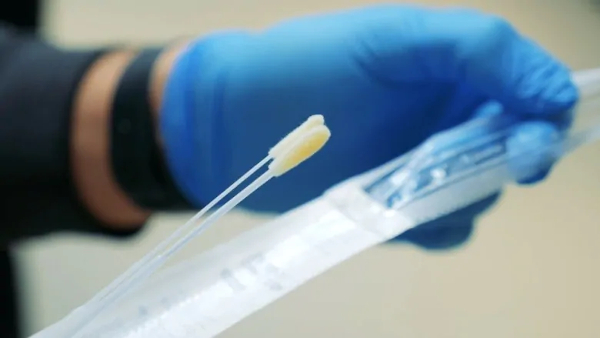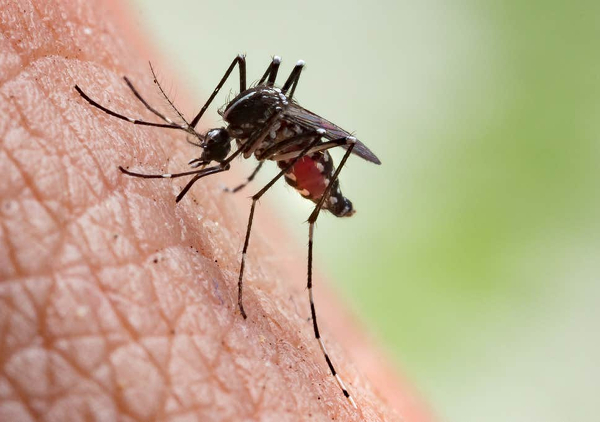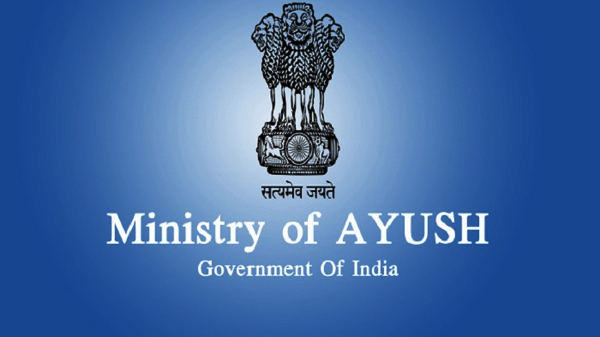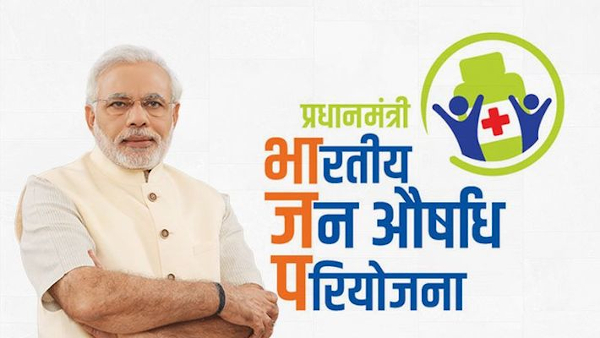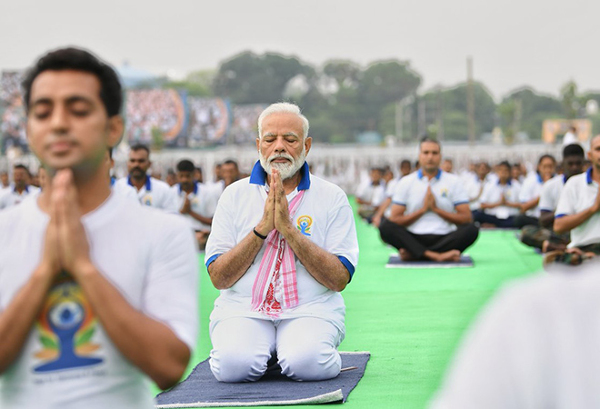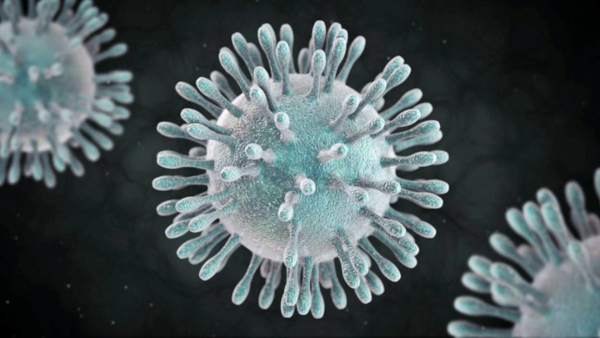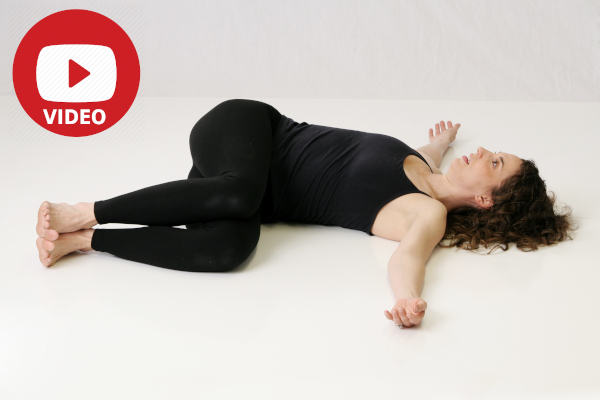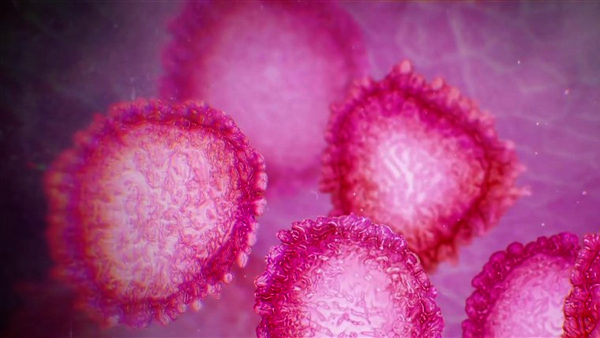ARCI Develops Rare earth Based Magnetocaloric Material for Cancer Treatment
Scientists at the International Advanced Research Centre for Powder Metallurgy and New Materials (ARCI), an autonomous R&D Centre of Department of Science and Technology (DST) has developed a rare-earth-based magnetocaloric material that can be effectively used for cancer treatment.
